Home>Articles>How Long Does A 9V Battery Last In A Smoke Detector?
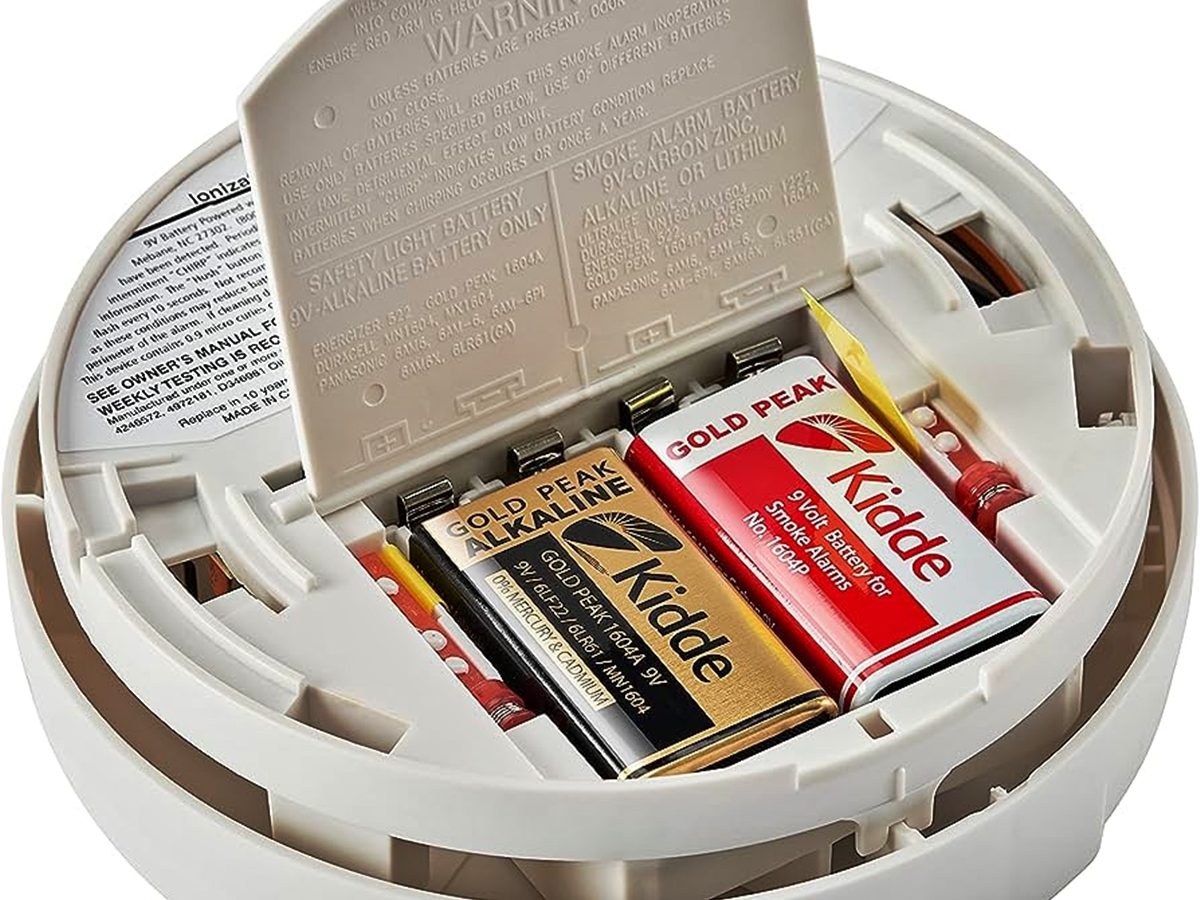

Articles
How Long Does A 9V Battery Last In A Smoke Detector?
Modified: February 24, 2024
Learn how long a 9V battery typically lasts in a smoke detector and find other informative articles on battery life and maintenance.
(Many of the links in this article redirect to a specific reviewed product. Your purchase of these products through affiliate links helps to generate commission for Storables.com, at no extra cost. Learn more)
Introduction
Smoke detectors play a crucial role in ensuring the safety of our homes and loved ones. These devices are designed to detect the presence of smoke and alert us to potential fires, giving us vital time to evacuate. However, to function effectively, smoke detectors require a reliable power source. One commonly used type of battery in smoke detectors is the 9V battery.
In this article, we will explore how long a 9V battery typically lasts in a smoke detector. We will delve into the factors that can affect battery life, understand the chemistry behind 9V batteries, and provide tips to extend their lifespan. By the end, you will have a better understanding of how to ensure your smoke detector remains powered and operational for optimal safety.
Key Takeaways:
- Regularly replace 9V batteries in smoke detectors to ensure optimal safety, with alkaline batteries lasting 1-2 years and lithium batteries providing up to 5 years of power. Stay proactive in maintaining a reliable power source for your home’s fire detection system.
- Factors such as battery quality, smoke detector model, usage frequency, temperature, and battery age impact the lifespan of 9V batteries in smoke detectors. Follow maintenance tips and respond to low battery warning signs to ensure continuous effectiveness.
Read more: How To Put A 9V Battery In A Smoke Detector
Factors That Affect 9V Battery Life in Smoke Detectors
The lifespan of a 9V battery in a smoke detector can vary depending on several factors. Understanding these factors can help you optimize battery life and ensure your smoke detector functions reliably. Let’s explore the key factors that can affect the longevity of a 9V battery in a smoke detector:
- Battery quality: The quality of the 9V battery itself can significantly impact its lifespan. Higher-quality batteries tend to last longer and provide more consistent power to the smoke detector.
- Smoke detector model: Different smoke detector models have varying power requirements. Some models may be more energy-efficient, allowing the battery to last longer. It’s essential to choose a smoke detector known for its low power consumption.
- Usage frequency: The frequency at which the smoke detector is triggered can affect battery life. If you frequently experience false alarms or have a high number of cooking incidents that trigger the detector, the battery may drain more quickly.
- Temperature: Extreme temperatures, both hot and cold, can impact battery performance. High temperatures can cause the battery to drain more quickly, while extremely cold temperatures may reduce its overall capacity.
- Battery age: Over time, even unused batteries can lose their charge. It’s recommended to replace 9V batteries in smoke detectors at least once a year, regardless of their perceived power level.
It’s important to consider these factors when determining the lifespan of a 9V battery in your specific smoke detector. By keeping these factors in mind, you can take steps to optimize battery life and ensure the reliable operation of your smoke detector.
The Chemistry of 9V Batteries
To understand the lifespan of a 9V battery in a smoke detector, it’s essential to understand the chemistry at work. 9V batteries typically use one of two primary chemistries: alkaline or lithium.
Alkaline Batteries: Alkaline 9V batteries are the most common type found in smoke detectors. They contain manganese dioxide as the positive electrode and zinc as the negative electrode. The electrolyte between the electrodes is a potassium hydroxide solution.
When the battery is connected to a load, a chemical reaction occurs. The manganese dioxide reacts with the zinc, causing ions to move through the electrolyte and generate an electric current. Over time, as the chemical reaction continues, the active materials are consumed, leading to a decrease in battery voltage and eventual depletion of power.
Lithium Batteries: Some smoke detectors may use lithium 9V batteries, which are known for their higher energy density and longer lifespan compared to alkaline batteries. These batteries typically use a lithium-manganese dioxide chemistry.
Similar to alkaline batteries, lithium batteries rely on a chemical reaction between manganese dioxide and lithium to generate electricity. However, the use of lithium allows for a higher voltage and more efficient energy transfer, resulting in a longer-lasting power source for smoke detectors.
It’s important to note that the chemistry of the battery impacts its overall lifespan. While lithium batteries generally have a longer lifespan than alkaline batteries, both types will eventually lose their charge and require replacement.
Understanding the chemistry of 9V batteries can help you make informed decisions about the type of battery to use in your smoke detector. It’s essential to consider factors such as cost, availability, and specific device requirements when choosing the right battery chemistry for your smoke detector.
Typical Lifespan of a 9V Battery in Smoke Detectors
The typical lifespan of a 9V battery in a smoke detector can vary depending on various factors, as mentioned earlier. However, on average, a 9V battery can power a smoke detector for approximately one to two years.
Alkaline 9V batteries, which are commonly used in smoke detectors, tend to have a shorter lifespan compared to lithium 9V batteries. Alkaline batteries may last around one year before their power begins to diminish. As the battery voltage drops, the smoke detector may start producing low-battery warnings, such as chirping sounds, to indicate the need for a replacement battery.
On the other hand, lithium 9V batteries have a longer lifespan and can power a smoke detector for up to five years or more. These batteries have a higher energy density and maintain a more consistent voltage output throughout their lifespan. However, it’s important to note that lithium batteries tend to be more expensive than alkaline batteries.
Keep in mind that the actual lifespan of a 9V battery in a smoke detector can be influenced by factors such as battery quality, usage frequency, temperature extremes, and the particular smoke detector model. Regularly testing your smoke detector and monitoring its battery status can help you stay aware of any potential issues and proactively replace the battery when needed.
It’s crucial to follow the manufacturer’s recommendations for battery replacement and regularly perform maintenance checks on your smoke detector. This ensures the safety of your household by guaranteeing that the smoke detector is functioning optimally and has a dependable power source.
Remember, the ultimate goal is to prioritize safety, so consider replacing the battery in your smoke detector even if it is still functioning but nearing the end of its typical lifespan. The importance of maintaining a reliable power source cannot be overstated when it comes to keeping your home and loved ones protected.
Replace your 9V battery in your smoke detector at least once a year, or when the low battery warning chirps. It’s better to be safe than sorry!
Warning Signs of a Low Battery in a Smoke Detector
As responsible homeowners, it’s crucial to be aware of the warning signs that indicate a low battery in a smoke detector. Ignoring these signs can compromise the effectiveness of the smoke detector and put your household at risk. Here are some common warning signs to watch out for:
- Chirping or beeping sounds: One of the most obvious signs of a low battery in a smoke detector is the emission of chirping or beeping sounds. This is the detector’s way of alerting you to the need for a battery replacement. If you hear intermittent chirping, it’s time to replace the battery.
- Red or blinking LED light: Many smoke detectors have an LED light that indicates their operational status. When the battery is running low, this light may turn red or start blinking to draw your attention and prompt a battery replacement.
- Inconsistent or weak alarm sound: A low battery may cause the smoke detector’s alarm sound to become weak or inconsistent. This can be a sign that the battery is losing its power and needs to be replaced promptly.
- Frequent false alarms: While not always directly linked to a low battery, frequent false alarms can sometimes indicate that the battery is reaching the end of its lifespan. If your smoke detector is experiencing an unusually high number of false alarms, it’s wise to check the battery level and consider replacing it.
It’s essential to respond promptly to these warning signs and replace the battery in your smoke detector. A smoke detector with a low battery may not operate correctly in the event of a fire, potentially endangering the lives of those in your home.
To prevent false alarms, it’s a good practice to test your smoke detector regularly and clean it to remove any accumulated dust or debris. This can help maintain its sensitivity and prevent unnecessary battery drain.
If your smoke detector is hardwired with a backup battery, it’s essential to replace both the backup battery and the main power source regularly. Hardwired smoke detectors still rely on batteries for backup power during electrical outages, so it’s crucial to ensure all power sources are functioning optimally.
By staying vigilant and responding to the warning signs of a low battery in your smoke detector, you can ensure the ongoing safety and reliability of your home’s fire detection system.
Tips to Extend the Life of a 9V Battery in a Smoke Detector
While the lifespan of a 9V battery in a smoke detector is influenced by various factors, there are steps you can take to extend its longevity. By implementing these tips, you can maximize the battery’s performance and ensure your smoke detector remains powered and operational for as long as possible:
- Choose high-quality batteries: Opt for reputable brands and high-quality 9V batteries for your smoke detector. These batteries are often designed to provide consistent power and have a longer lifespan compared to generic or lower-quality alternatives.
- Keep the detector clean: Regularly clean your smoke detector to remove any dust, dirt, or debris that can hinder its performance and cause it to work harder, thus draining the battery more quickly.
- Test the detector regularly: Conduct frequent tests to ensure your smoke detector is functioning correctly. This will minimize the chances of false alarms, which can drain the battery unnecessarily.
- Place the detector strategically: Proper placement of the smoke detector can significantly impact battery life. Avoid placing it near areas prone to excessive dust, humidity, or temperature fluctuations, as these conditions can impact battery performance.
- Reduce false alarms: False alarms can increase battery consumption. Take measures to minimize false alarms by keeping the detector away from cooking areas, steam-filled bathrooms, or dusty garage spaces.
- Replace the battery regularly: Regardless of the battery’s perceived power level, it’s advisable to replace the 9V battery in your smoke detector at least once a year. Set a reminder on your calendar to ensure timely replacements for continuous safety.
- Monitor battery voltage: Some smoke detectors come with a feature that allows you to monitor the battery voltage. Pay attention to these indicators and replace the battery as needed to maintain optimal performance.
- Keep spare batteries: Always keep spare 9V batteries on hand, specifically for your smoke detector. This ensures that you can replace the battery immediately when needed, without any delay or compromise in safety.
Implementing these tips will help you extend the life of the 9V battery in your smoke detector, providing you with reliable fire detection and peace of mind.
Remember, smoke detectors play a critical role in safeguarding your home and loved ones. Regular maintenance and proactive battery replacement are essential to ensure their effectiveness in the event of a fire emergency.
Conclusion
Ensuring a reliable power source is essential for the proper functioning of a smoke detector, and the 9V battery is a common choice for many households. Understanding the factors that affect the lifespan of a 9V battery in a smoke detector is crucial for maintaining optimal safety levels.
In this article, we explored the various factors that can influence the battery life, such as battery quality, smoke detector model, usage frequency, temperature, and battery age. We also discussed the chemistry behind 9V batteries, highlighting the differences between alkaline and lithium batteries.
The typical lifespan of a 9V battery in a smoke detector can range from one to two years for alkaline batteries, while lithium batteries can last up to five years or more. However, it’s important to monitor the warning signs of a low battery, such as chirping sounds, red or blinking LED lights, weak alarm sounds, and frequent false alarms. Responding promptly to these signs by replacing the battery ensures the continuous effectiveness of your smoke detector.
To extend the life of a 9V battery in a smoke detector, follow these tips: choose high-quality batteries, keep the detector clean, test it regularly, strategically place the detector, minimize false alarms, replace the battery annually, monitor battery voltage, and have spare batteries readily available.
In conclusion, prioritizing the maintenance of your smoke detector and ensuring a reliable power source is vital for the safety of your home and loved ones. By understanding the lifespan of a 9V battery in a smoke detector and implementing the suggested tips, you can optimize battery performance and support a robust fire detection system.
Remember, never neglect the importance of regularly testing your smoke detector, practicing fire safety measures, and being proactive in maintaining reliable battery power. It’s a small yet essential investment in the well-being and safety of your household.
Frequently Asked Questions about How Long Does A 9V Battery Last In A Smoke Detector?
Was this page helpful?
At Storables.com, we guarantee accurate and reliable information. Our content, validated by Expert Board Contributors, is crafted following stringent Editorial Policies. We're committed to providing you with well-researched, expert-backed insights for all your informational needs.
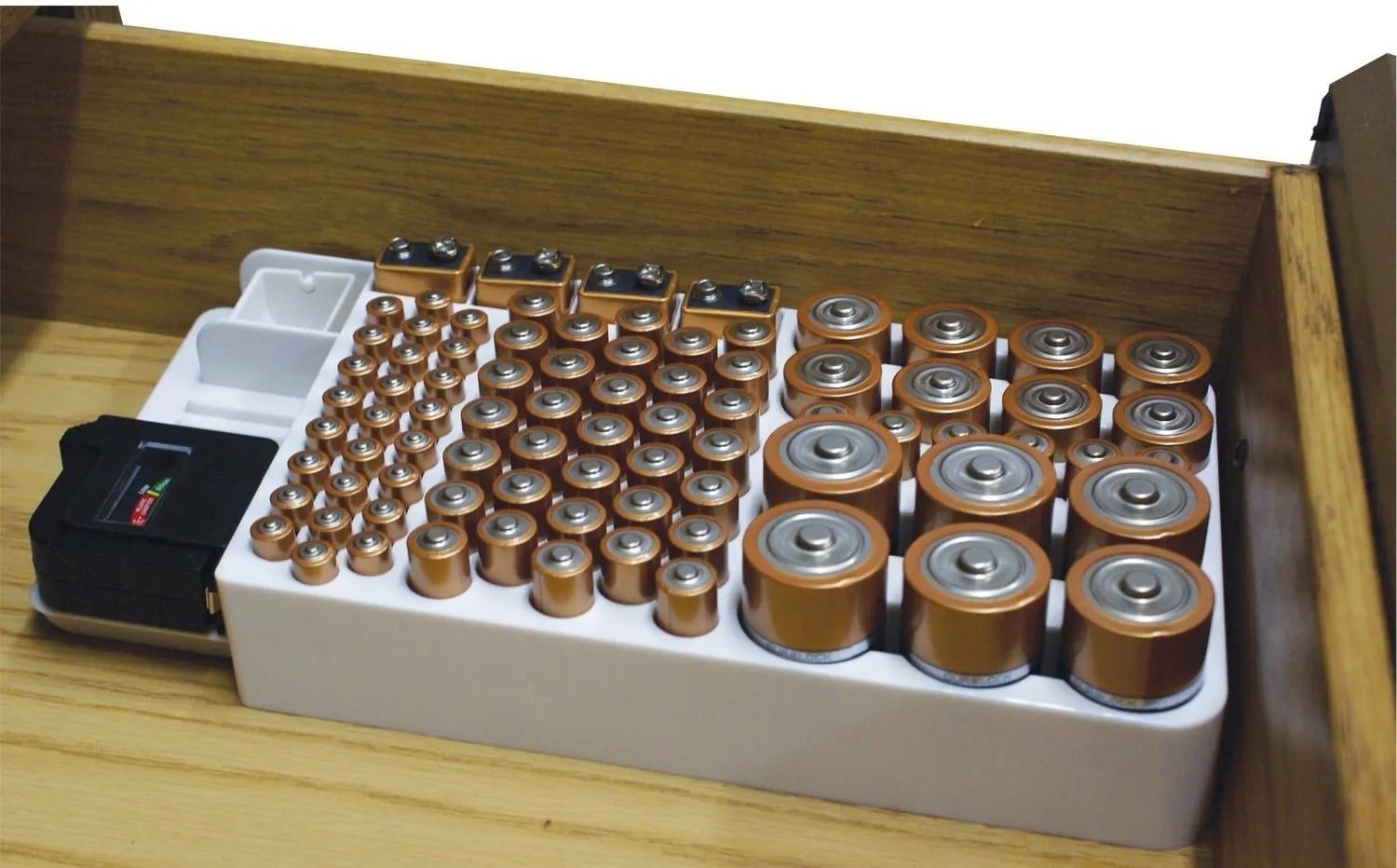
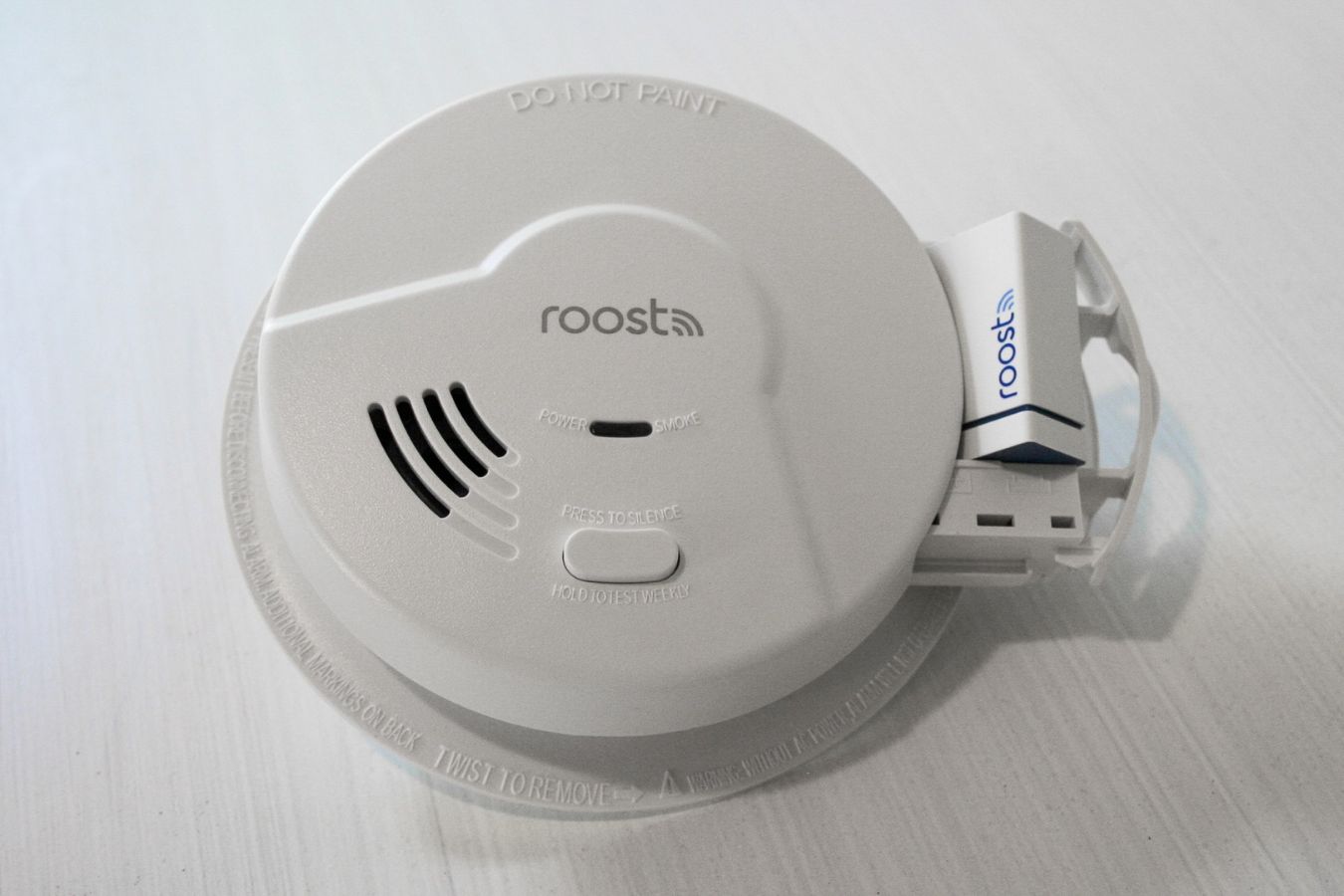
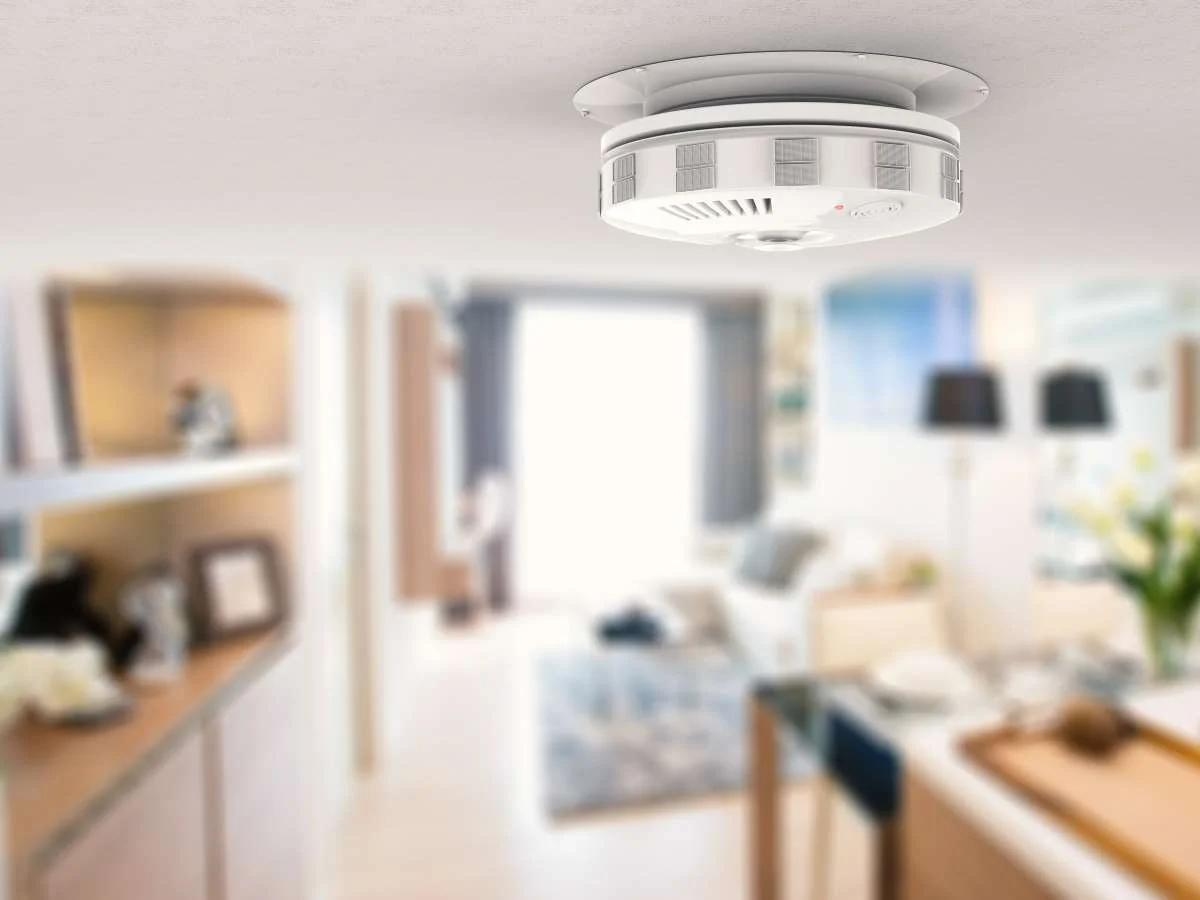
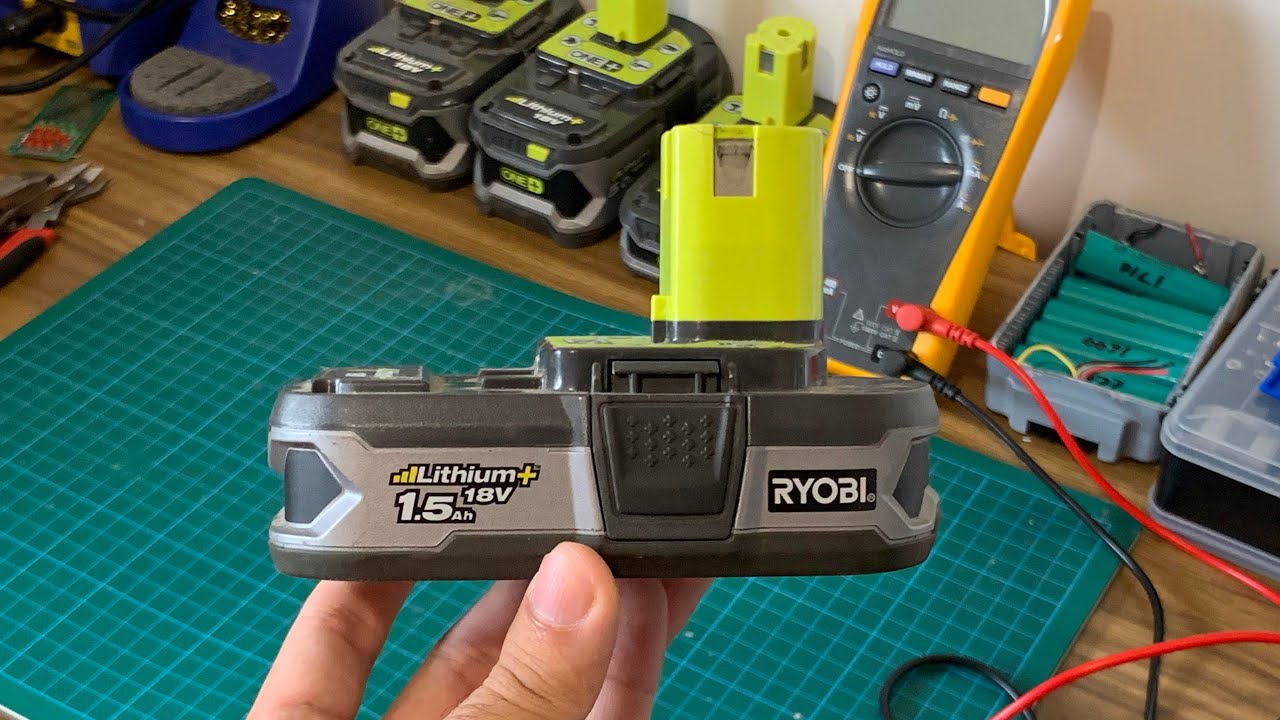
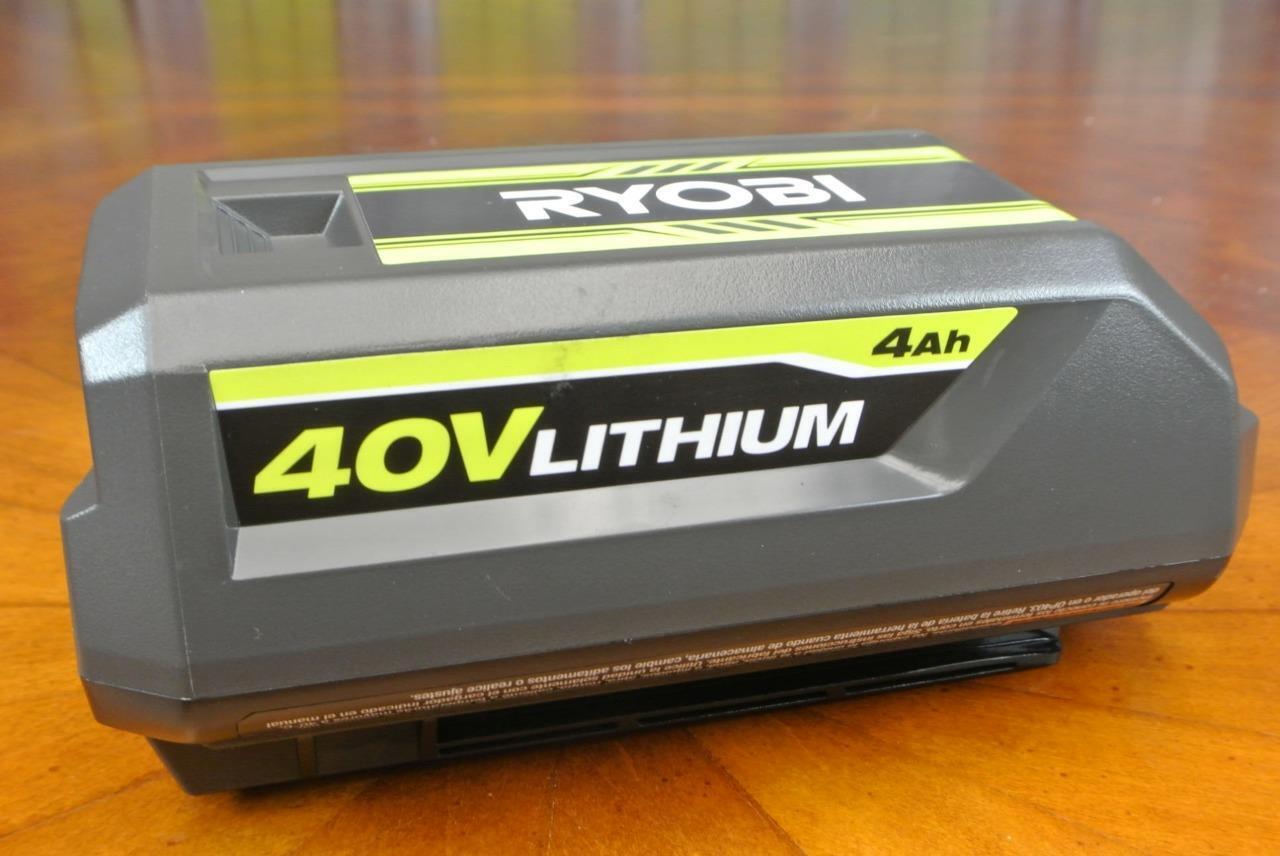
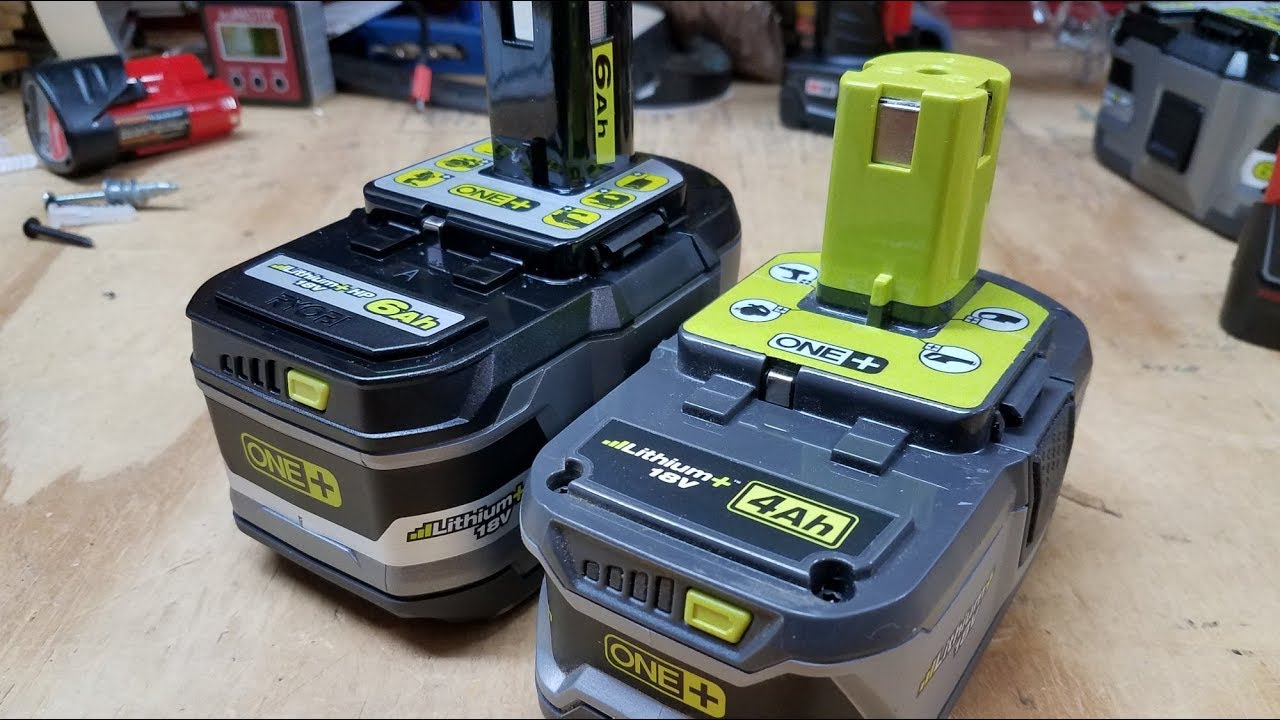
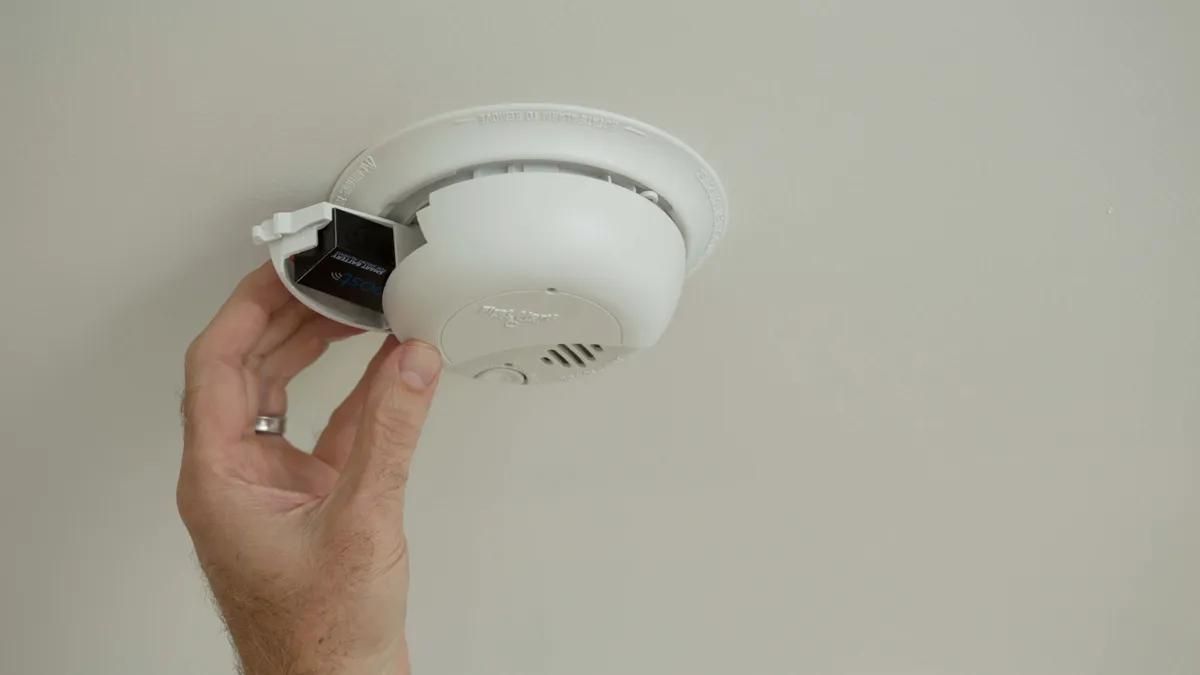
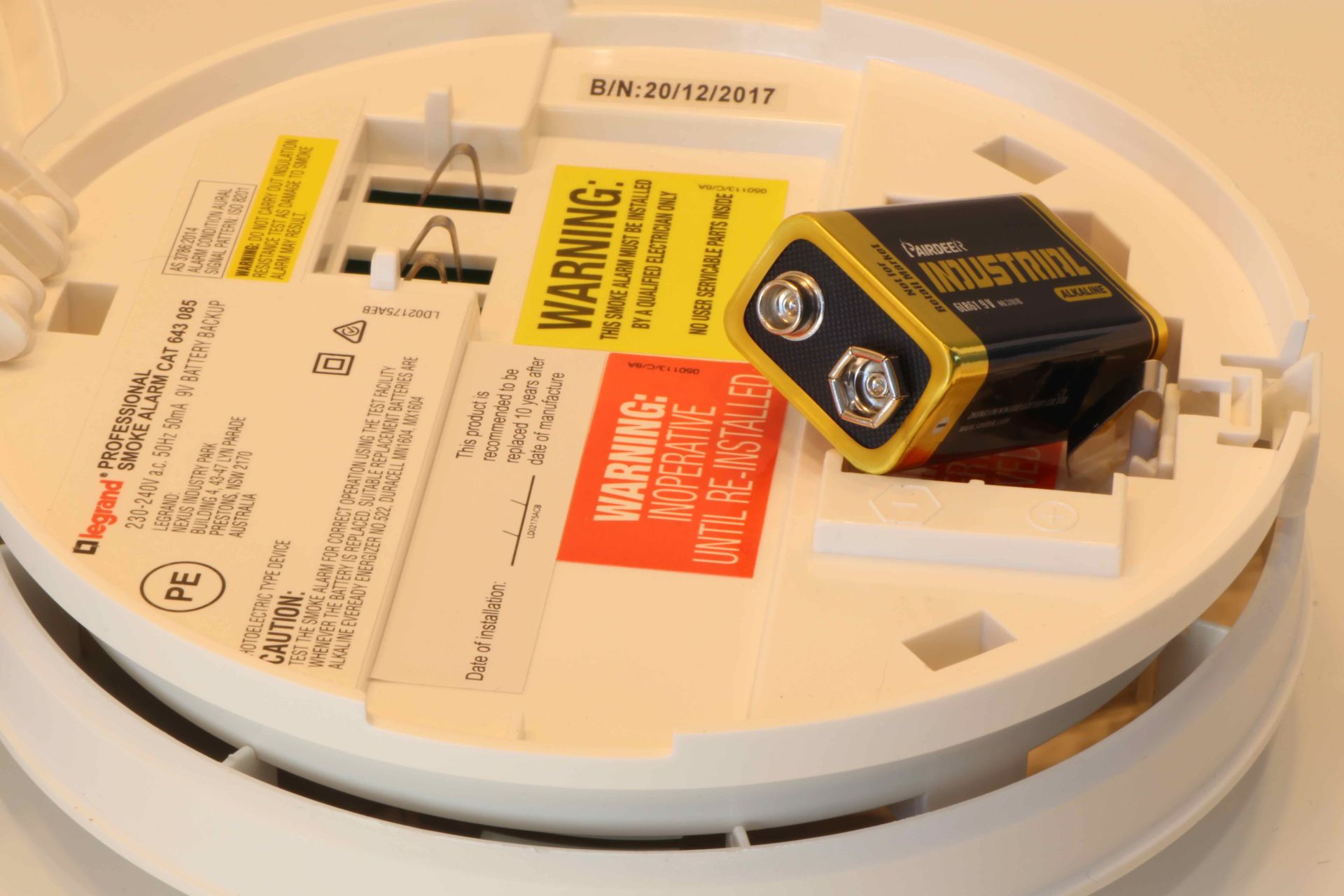
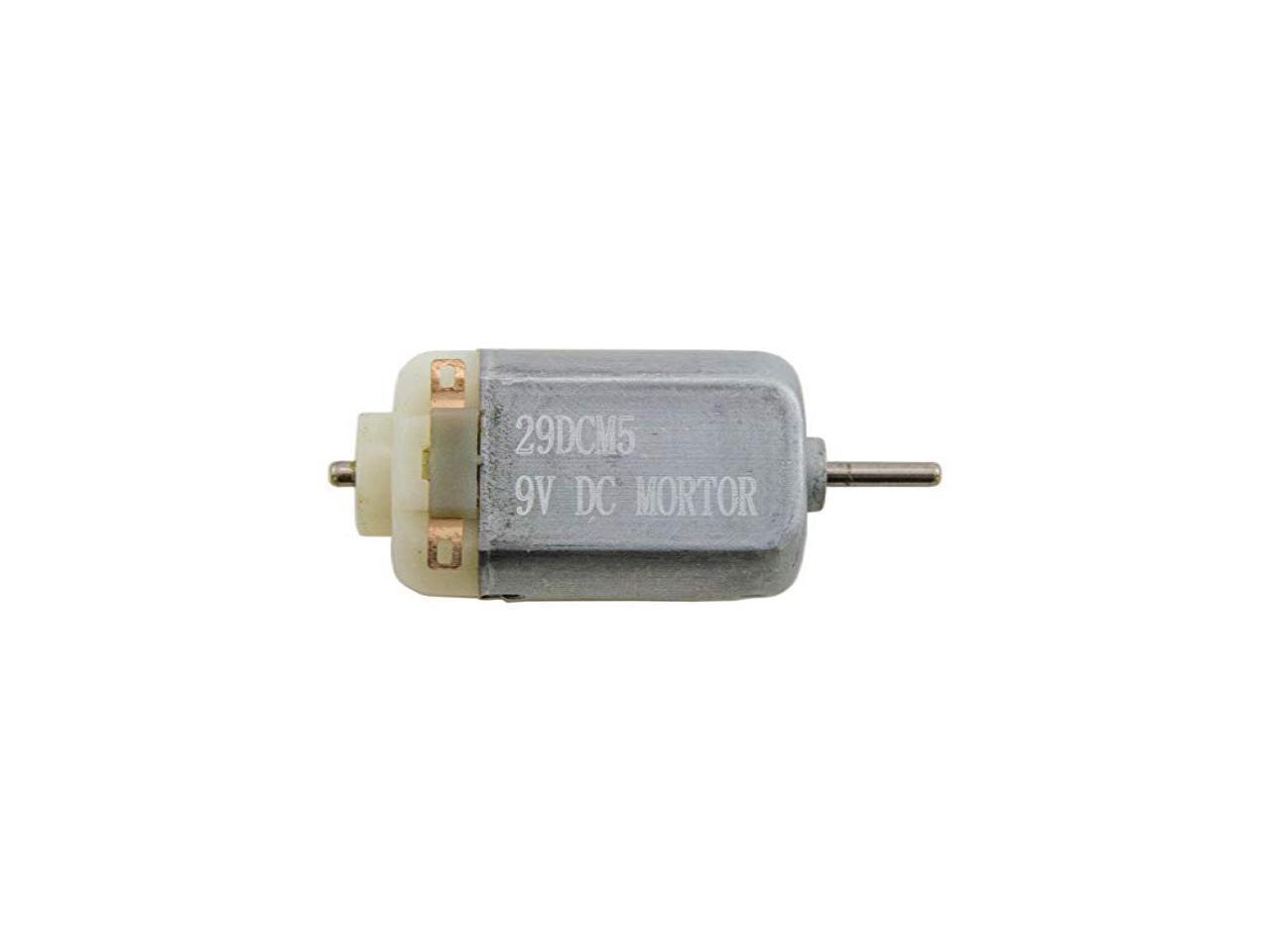
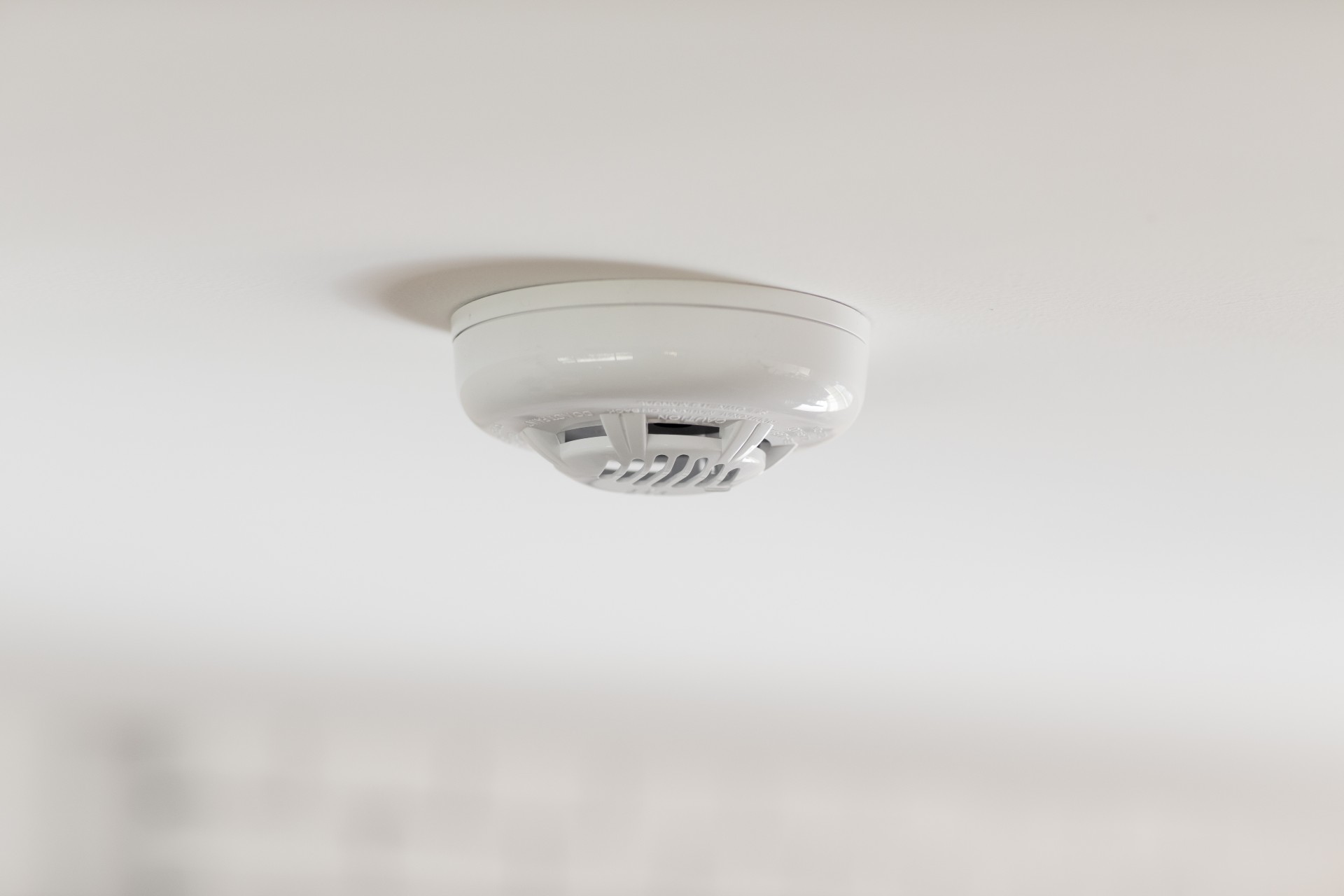
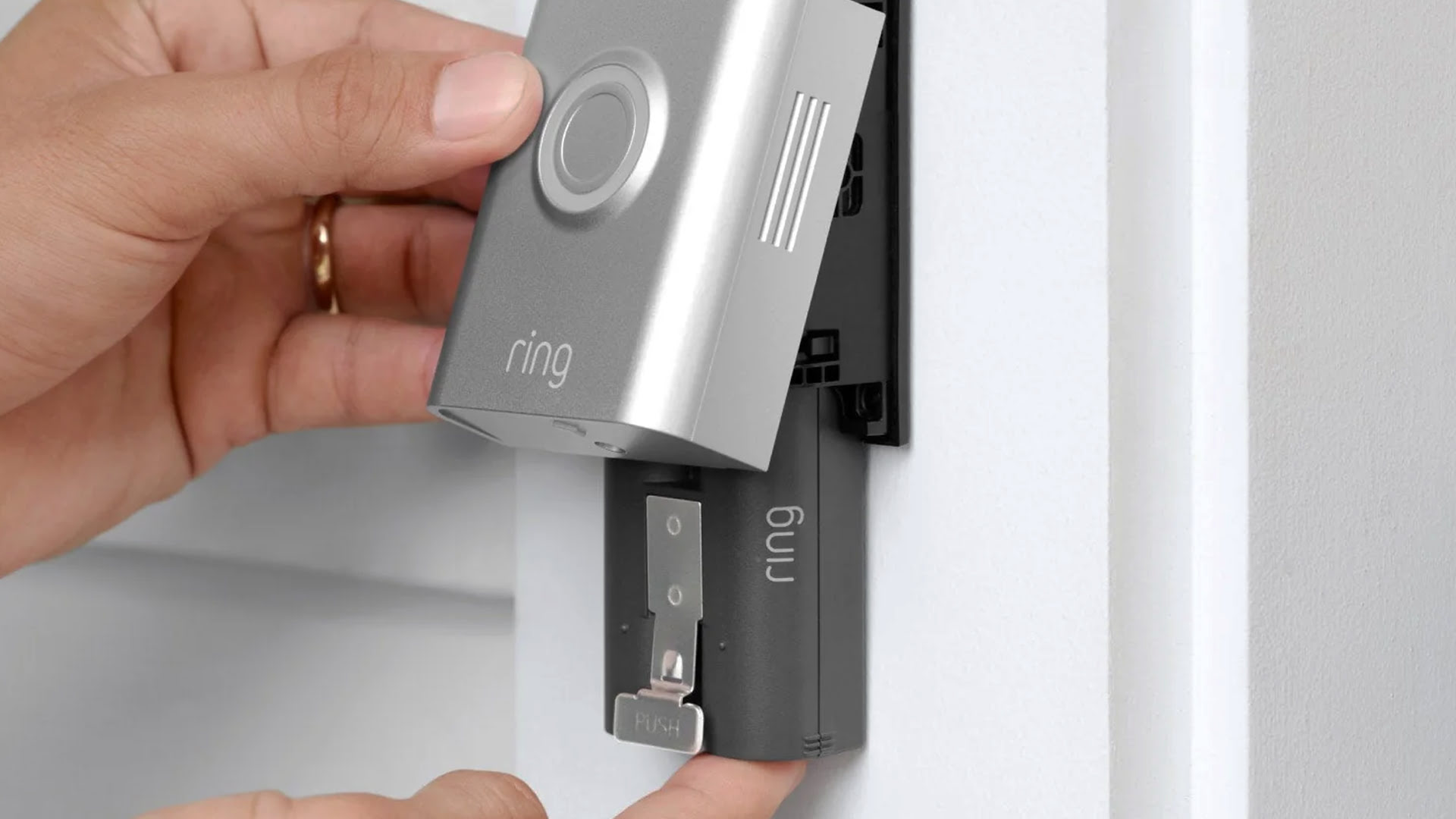
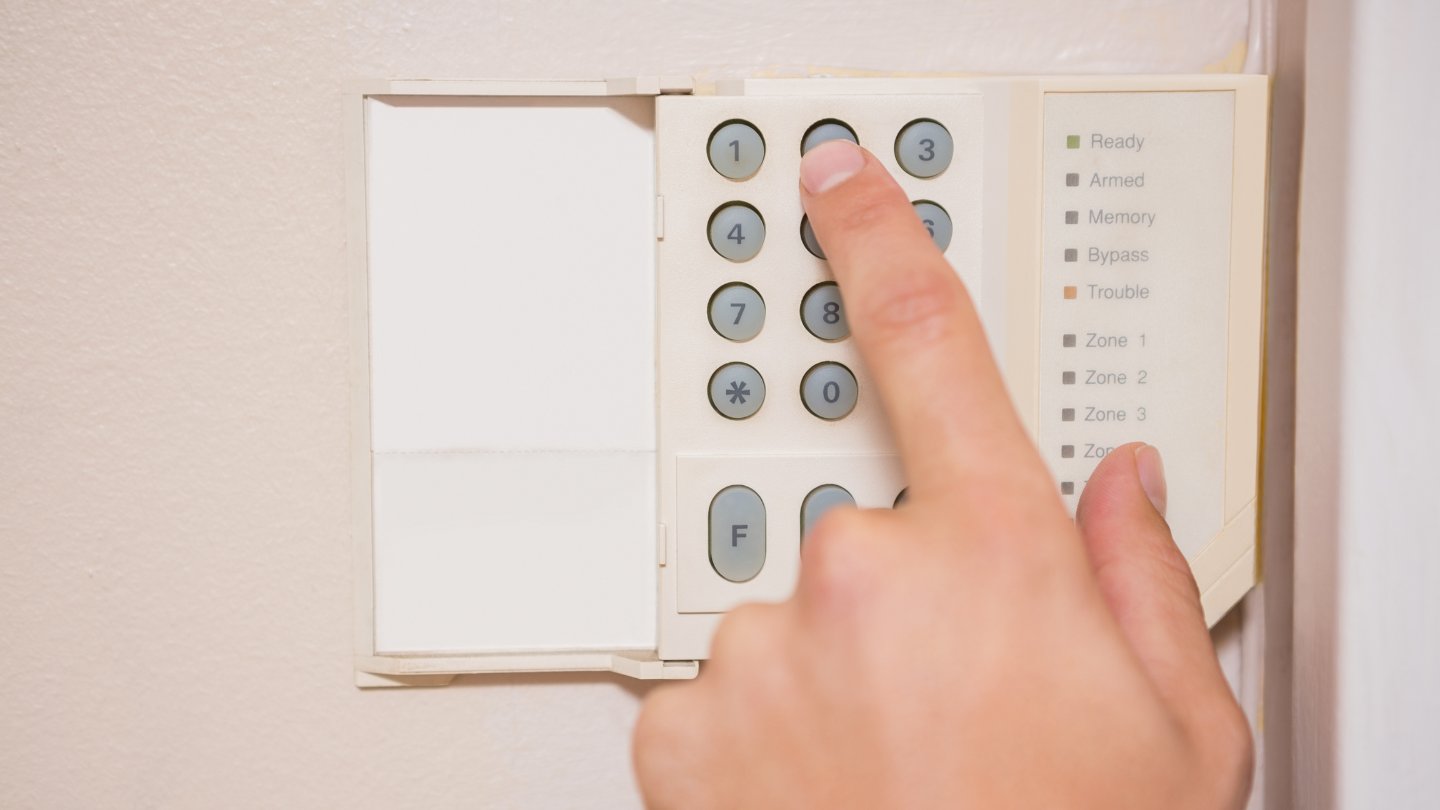
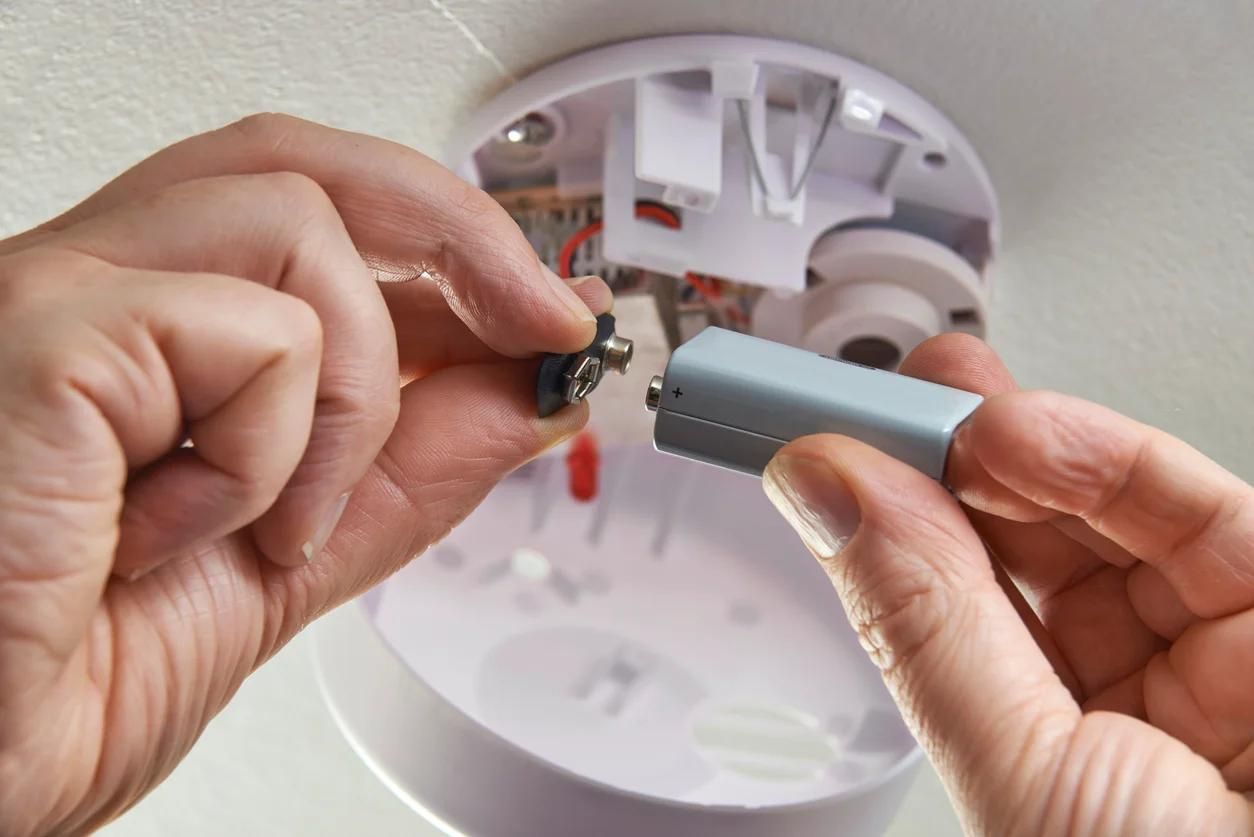
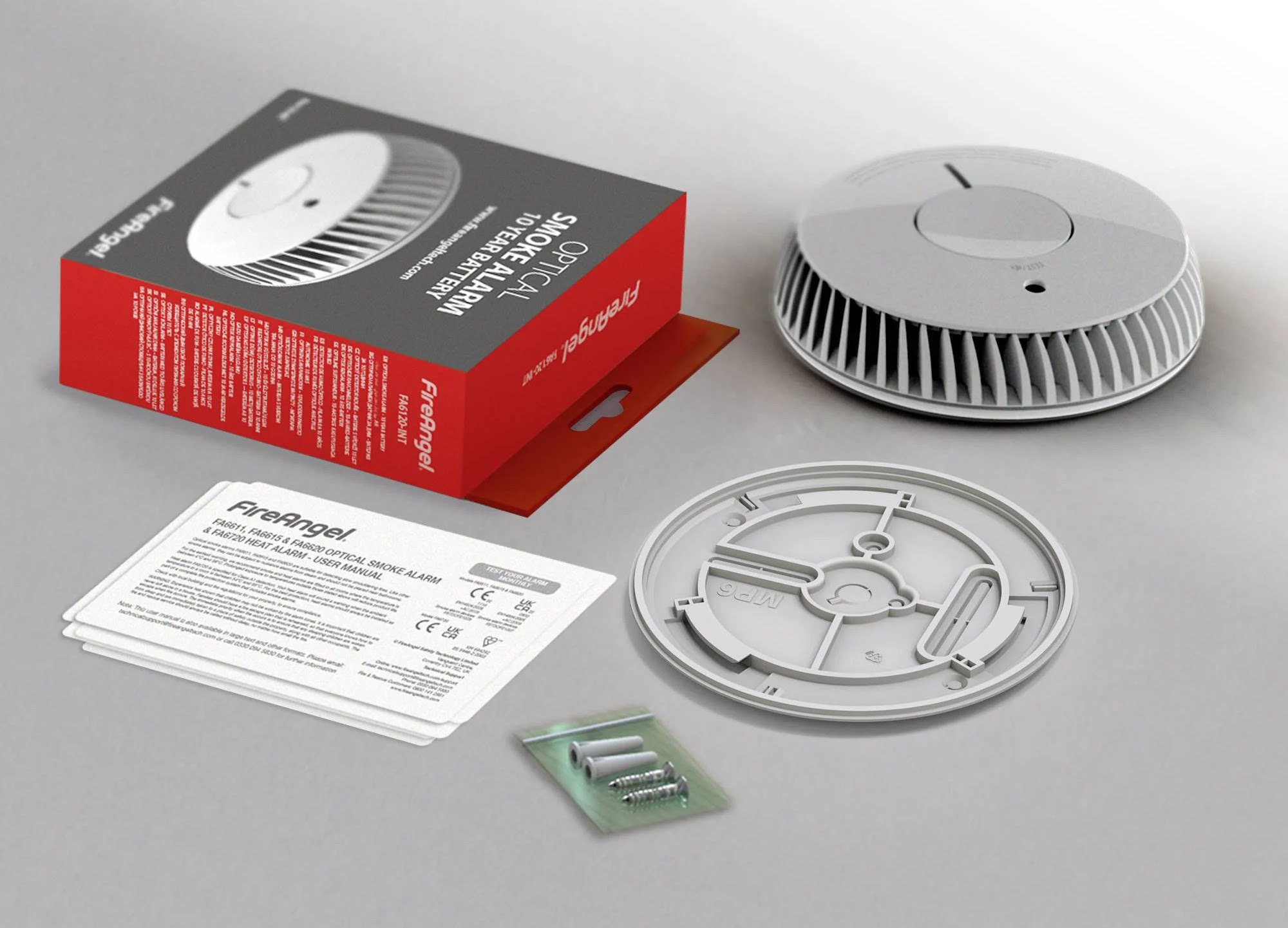

0 thoughts on “How Long Does A 9V Battery Last In A Smoke Detector?”